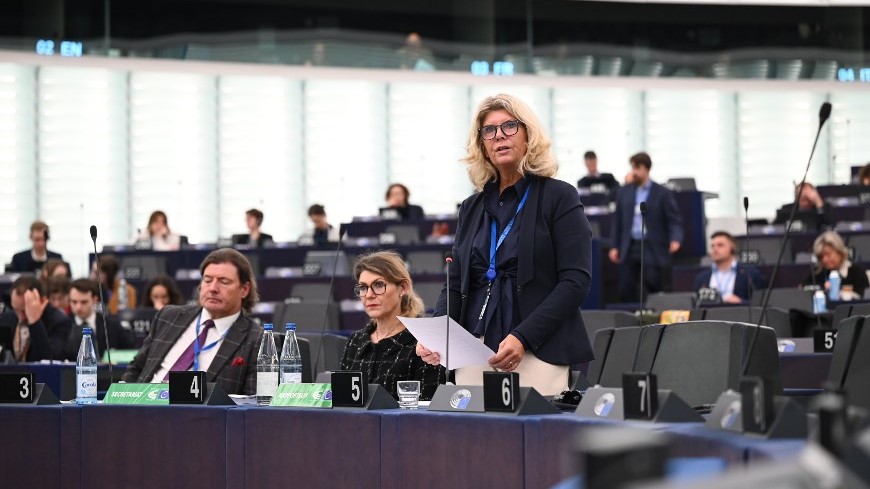The Council of Europe Congress of Local and Regional Authorities has called on Italy to reconsider the legal force of the European Charter of Local Self-Government so that local authorities can benefit fully from its protection, noting the current absence of the Charter’s legal recognition by the Constitutional Court.
In its recommendation based on a report by Andrew Leadbetter (United Kingdom, L, ECR) and Randi Mondorf (Denmark, R, ILDG), the Congress noted with satisfaction increasing local and regional revenues, improved consultation processes and equalisation system, and work to develop the legal basis for the re-introduction of direct elections in provinces, as well as Italy’s ratification of the Additional Protocol to the Charter on the right to participate in the affairs of a local authority.
However, the rapporteurs pointed out some aspects deserving particular attention, such as the limited scope of action of metropolitan cities and provinces, the lack of adequate and commensurate resources for provinces, and the impossibility for provincial and metropolitan councils to formulate a vote of dismissal or no confidence against their leaderships. Additionally, the report underlined the absence of a system of fair and adequate remuneration for representatives of provinces and metropolitan cities, the persisting shortage of staff in local and regional authorities, and the existing threats and violence against elected representatives. Furthermore, the rapporteurs recommended modernising the system of governance for the metropolitan area of the capital city Rome suffering from the fragmentation of municipal structures and the persistent lack of co-ordination, through developing collaborative forms of metropolitan governance with various stakeholders.
The Congress invited Italy to widen the scope of action of metropolitan cities and provinces, following the re-introduction of directly elected bodies, and to ensure fair and appropriate remuneration to elected representatives of provinces and metropolitan cities. The rapporteurs also recommend introducing a mechanism that strengthens legal action and extends the statute of limitations to provide better protection under criminal law for elected representatives who are subject to attacks and aggression. Finally, the implementation of additional measures to enhance the capacity of local and regional governments in hiring highly qualified staff was recommended.
Moreover, the rapporteurs welcomed the ongoing debate in Italy on the concept of “differentiated autonomy” aimed at reducing the gap in resources between ordinary and special regions. “Our vision of how territorial autonomy should be articulated in Italy and the Council of Europe's idea of how relations between the different territorial levels should be articulated coincide in many respects because this is the correct vision of how regional and local autonomy should be realised,” emphasised in this regard Italian Minister for Regional Affairs and Autonomies Roberto Calderoli addressing the Congress session on-line. “In fact, there is no other way if we want to have more democratic countries and more efficient institutions, where decisions, implementing the principle of subsidiarity, are taken as close as possible to the citizens,” he added.
***
46th Session
Agenda – Web file – Photos




